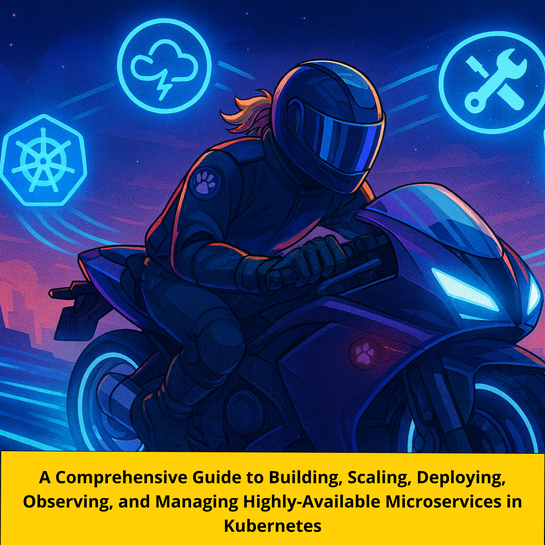Cloud Native CI/CD with GitLab
From Commit to Production Ready
Join us
From Commit to Production Ready

A Complete Hands-On Guide to Operational Clarity in Cloud-Native Systems

A Comprehensive Guide to Building, Scaling, Deploying, Observing, and Managing Highly-Available Microservices in Kubernetes

Grafana Mimir 3.0 debuts with a new query engine and architecture, boosting performance, reliability, and cost efficiency.

Hey, sign up or sign in to add a reaction to my post.
Struggling to switch from Prometheus to Elasticsearch without rewriting your app? This hands-on guide shows how OpenTelemetry decouples your observability backend with zero app changes. Includes working Docker-based examples and step-by-step guidance.

Hey, sign up or sign in to add a reaction to my post.
This tool doesn't have a detailed description yet. If you are the administrator of this tool, please claim this page and edit it.
Hey there! 👋
I created FAUN.dev(), an effortless, straightforward way for busy developers to keep up with the technologies they love 🚀
